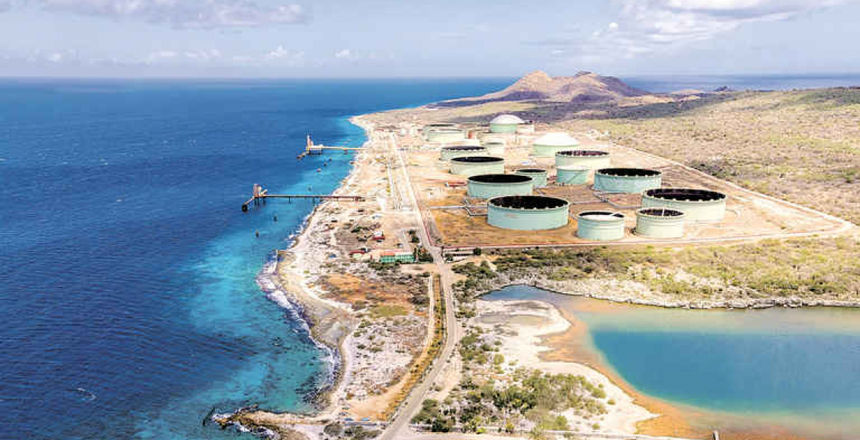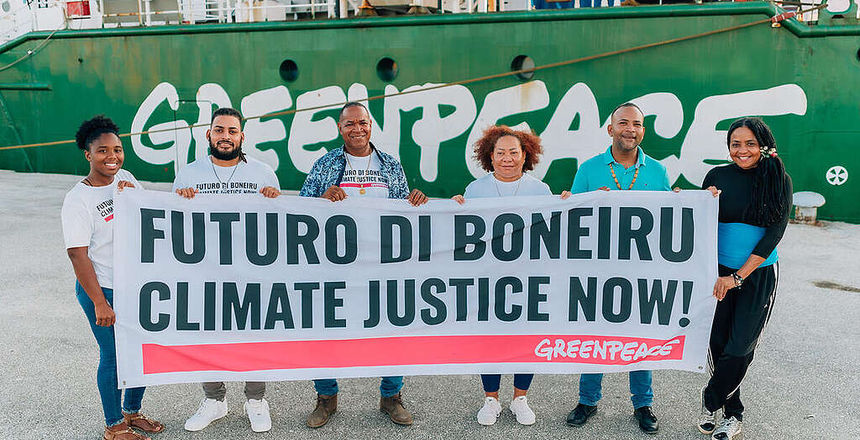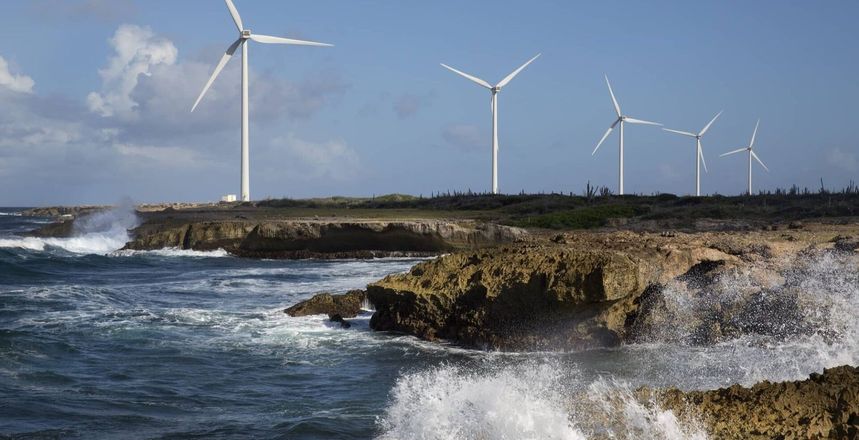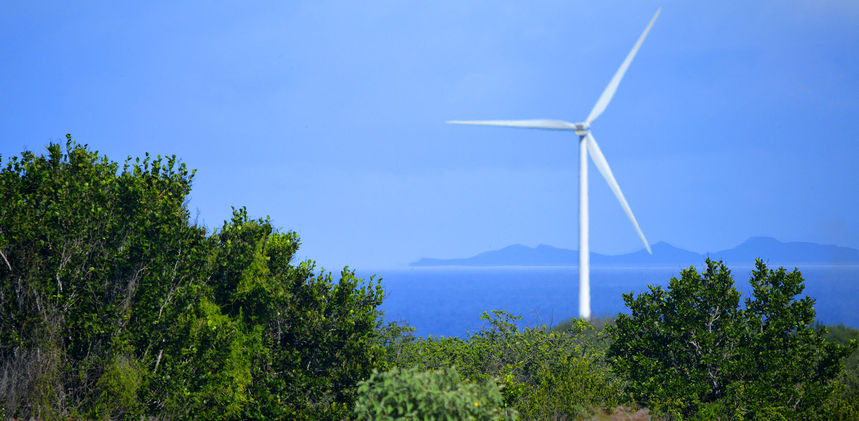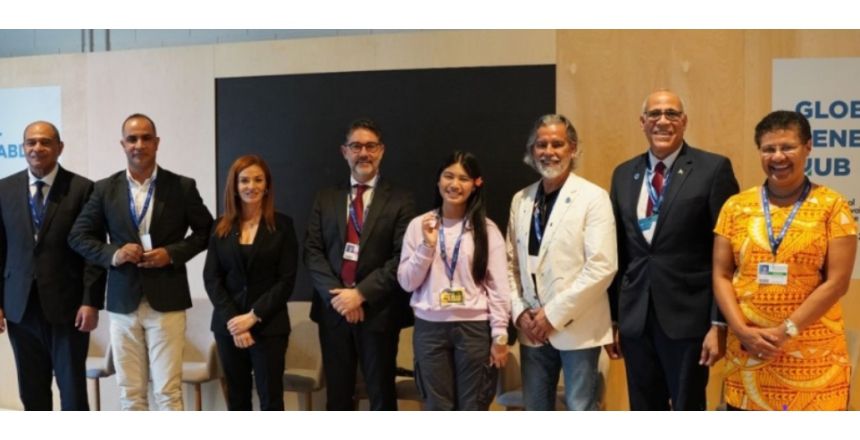News Sustainable Energy
1 min.
Recently, Greenpeace Nederland made use of the Wet Open Overheid (Open Government Act) to request a series of documents detailing the real efforts of the central Dutch government regarding the protection of Bonaire against the consequences of global warming. While many of the requested documents have been heavily redacted, they did provide an insight into the situation and Bonaire’s Executive Council is not happy with that insight. In particular, the decision of the Ministry of Economic Affairs and Climate Policy (Ministerie voor Economische Zaken en Klimaat) to grant Bonaire Brandstof Terminals BV (BBT) subsidies worth tens of millions of euros. In the light of working towards a more self-sustainable Bonaire, the Council argues, this decision makes little sense.
No subsidies for WEB?
The main source of the Executive Council’s discontent is the fact that the Ministry has decided to provide considerable funding to BBT, but not to the Water- en Elektriciteitsbedrijf Bonaire (WEB, or Bonaire Water and Electricity Company). That is because, years ago, BBT was created by the Ministry of Economic Affairs and Climate Policy to manage the import of petrol into Bonaire and remains a state company, while the WEB was founded in 1963 and is property of the Public Entity Bonaire (Publiek Lichaam Bonaire). Bonaire Brandstof Terminals has received millions of funding and the WEB has been ignored in that sense, according to Bonaire’s Executive Council.
“The EZK (Ministry of Economic Affairs and Climate Policy) has already given BBT [redacted] euro to facilitate the company’s participation in sustainability efforts”, is stated in the documents that were requested by Greenpeace, “Bonaire is not happy with this: money from The Hague not going to a Bonairian company, but to a company owned by the Dutch state. This merely represents the execution of a request by the Dutch Chamber of Representatives, though”.
As mentioned earlier, large parts of the published documents have been redacted, which considerably limits their informative value. They have nevertheless provided a glimpse into the developing energy reform efforts in Bonaire. To be continued, surely.
The basis for this article was originally published on www.dossierkoninkrijksrelaties.nl and others in January 2023.

